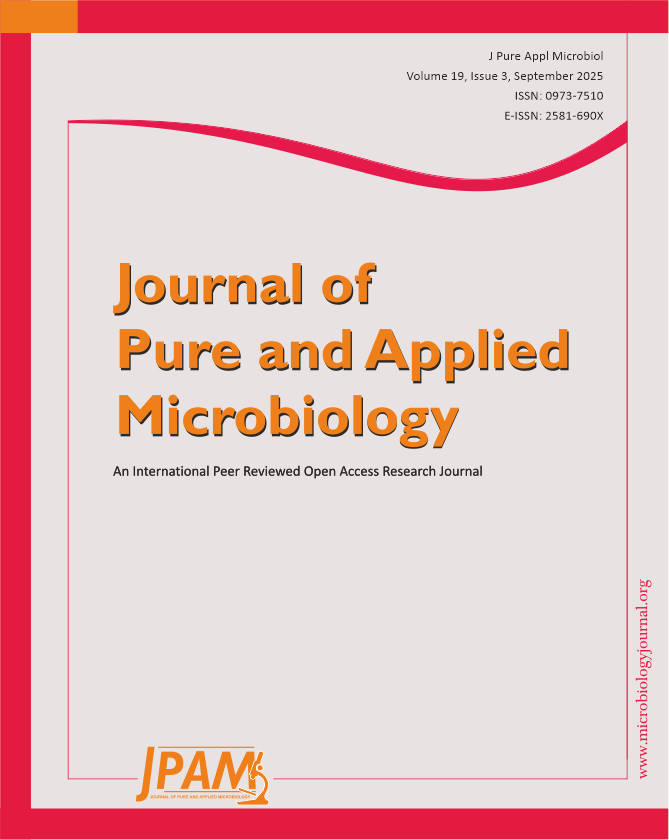COVID-19 has caused millions of casualties and deaths around the world. Countries all over the world exert great efforts to control the fast spread of the disease. Rapid diagnosis is a key tool in controlling the infection; therefore, numerous diagnostic techniques were developed quickly and are available commercially. This study evaluated the use of nucleocapsid antigen (N-antigen) as a diagnostic tool in COVID-19 patients. A cross-sectional investigation was carried out on 164 people undergoing Severe Acute Respiratory Syndrome Coronavirus 2 (SARS-CoV-2) PCR testing at various government laboratories in Alexandria. The research was carried out between March 2021 and January 2022. Data such as symptoms, lab investigations and real-time reverse transcription polymerase chain reaction (RT-PCR) cycle threshold (Ct) values were collected by interviewing participants and from medical records. A serum sample was collected from each participant for detection of N-antigen by ELISA kit. Ninety-eight (59.8%) of the 164 examined participants had positive SARS-CoV-2 RT-PCR results. Thirteen individuals (18.9%) exhibited varying quantities of the SARS-CoV-2 N-antigen. Antigen concentrations were significantly inversely connected with RT-PCR Ct values and positively correlated with CRP levels in SARS-CoV-2 N-antigen positive subjects. Furthermore, a strong correlation was found between N-antigen concentrations and hospitalization, fever, body aches, and pneumonia. SARS-CoV-2 N-antigen detection has high specificity (98.5%) but very low sensitivity (30.6%). Despite the high specificity of the SARS-CoV-2 N-antigen enzyme-linked immunosorbent assay (ELISA) evaluated in this study, its diagnostic utility is limited by its low sensitivity. The assay’s poor sensitivity undermines its standalone diagnostic value, especially when compared to RT-PCR.
SARS-COV-2 Nucleocapsid Antigen, COVID-19 Diagnosis, Serology, PCR
© The Author(s) 2025. Open Access. This article is distributed under the terms of the Creative Commons Attribution 4.0 International License which permits unrestricted use, sharing, distribution, and reproduction in any medium, provided you give appropriate credit to the original author(s) and the source, provide a link to the Creative Commons license, and indicate if changes were made.


